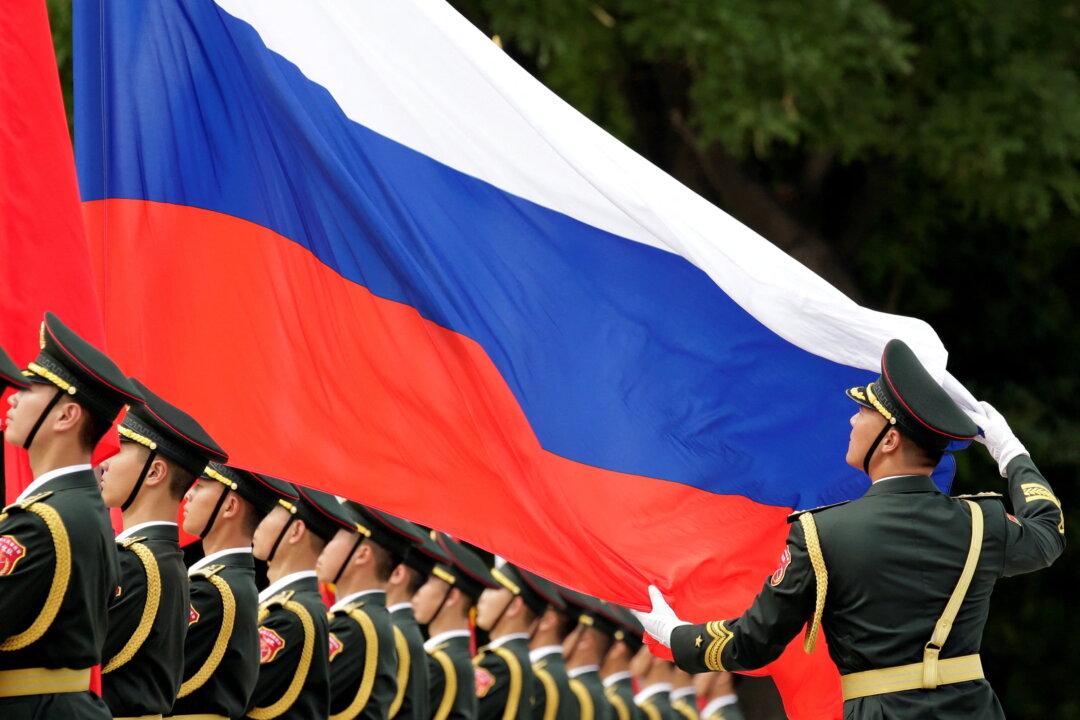Leaders from the UK and Australia have told the NATO summit that the West needs to assert its values globally, or they will risk seeing China and Russia continue to test the rules-based international order.
This comes as NATO issued a declaration saying it will include China in its new strategic concept after identifying the Asian nation challenged the alliance’s “interests, security, and values” and sought “to undermine the rules-based international order.”




